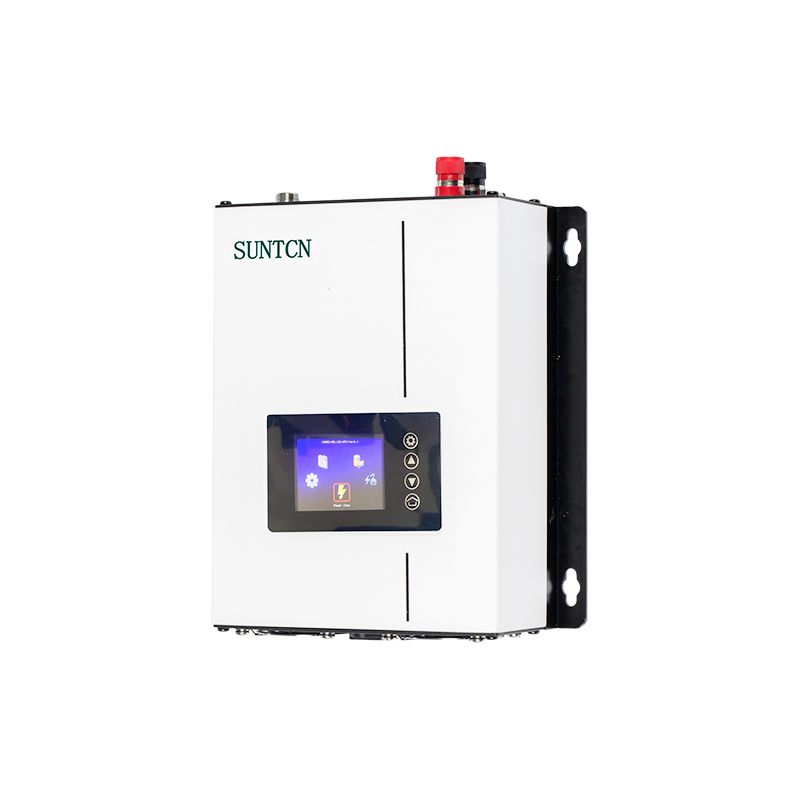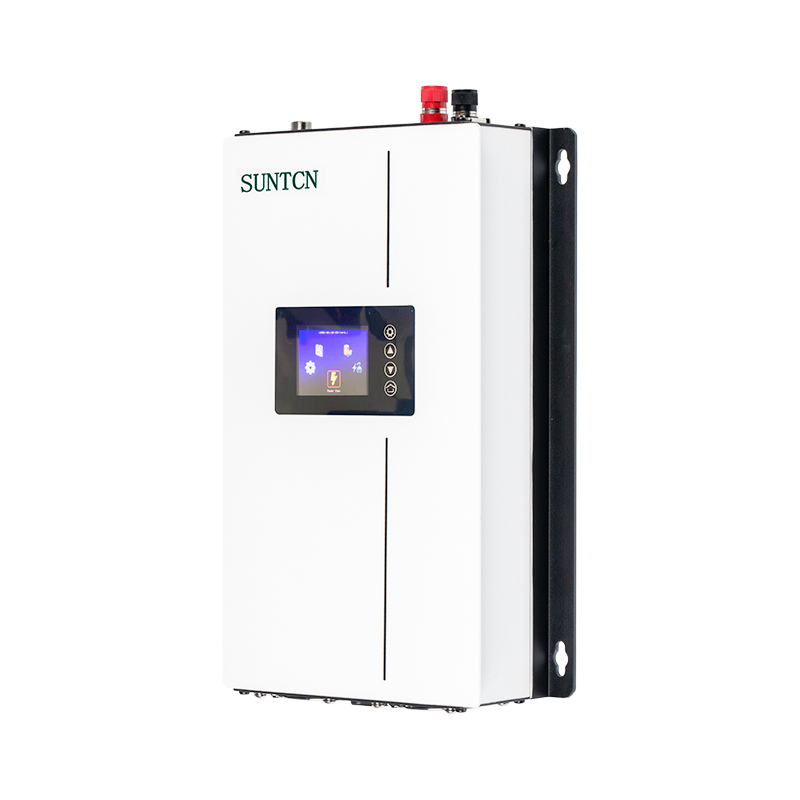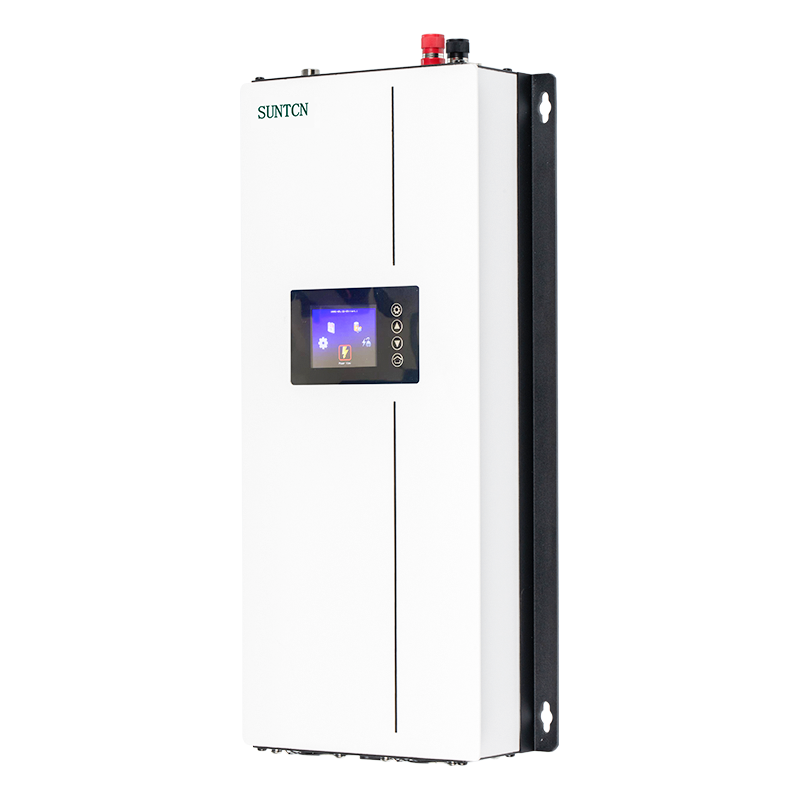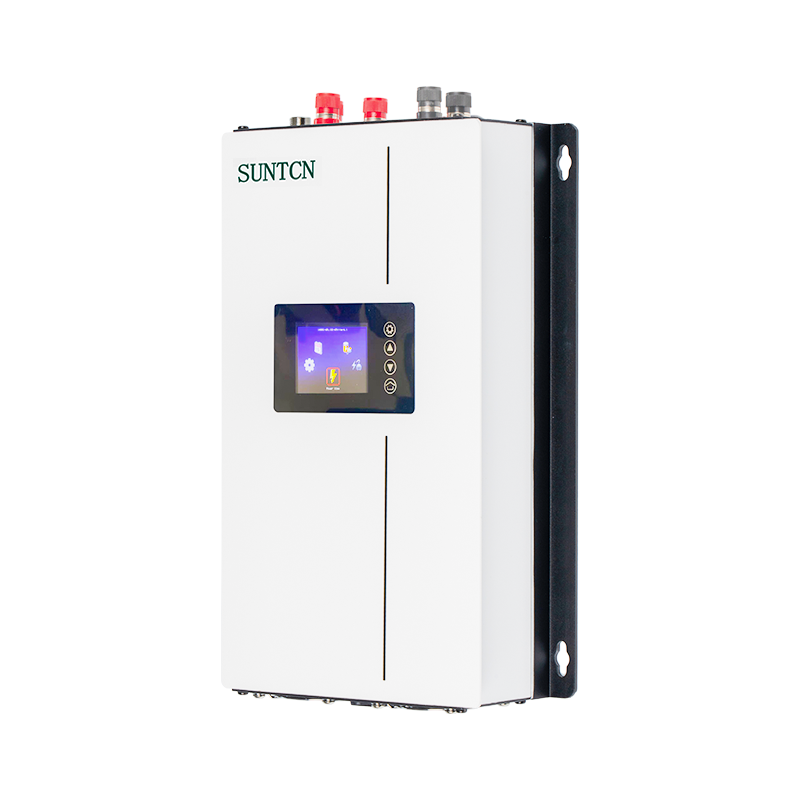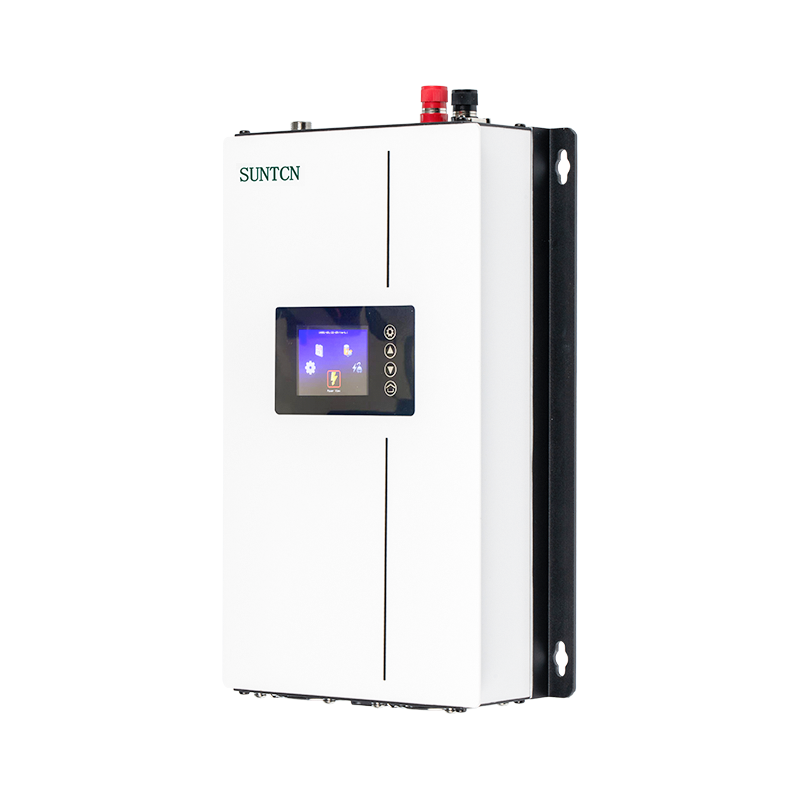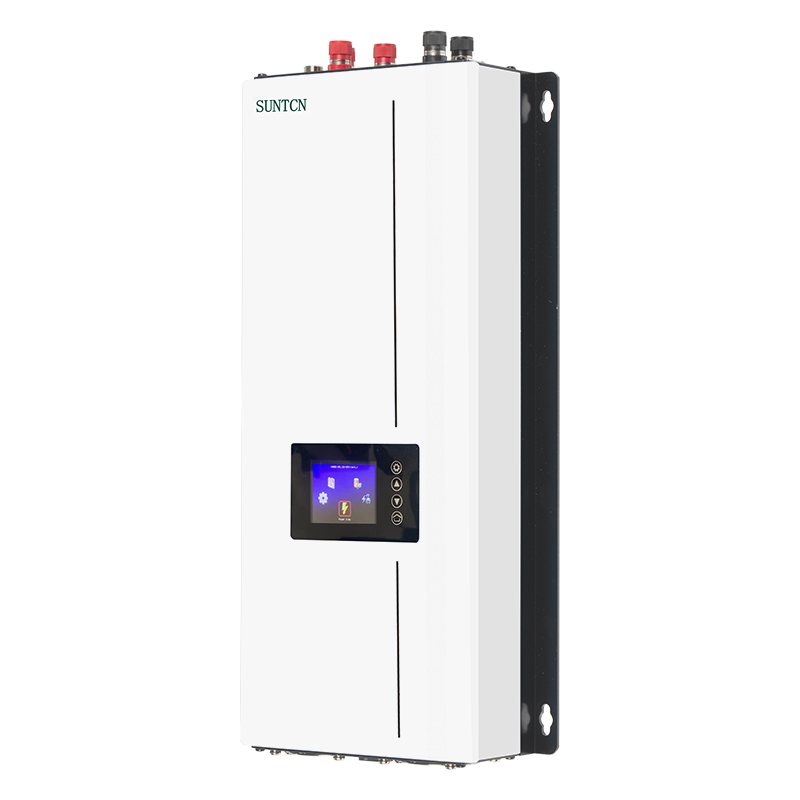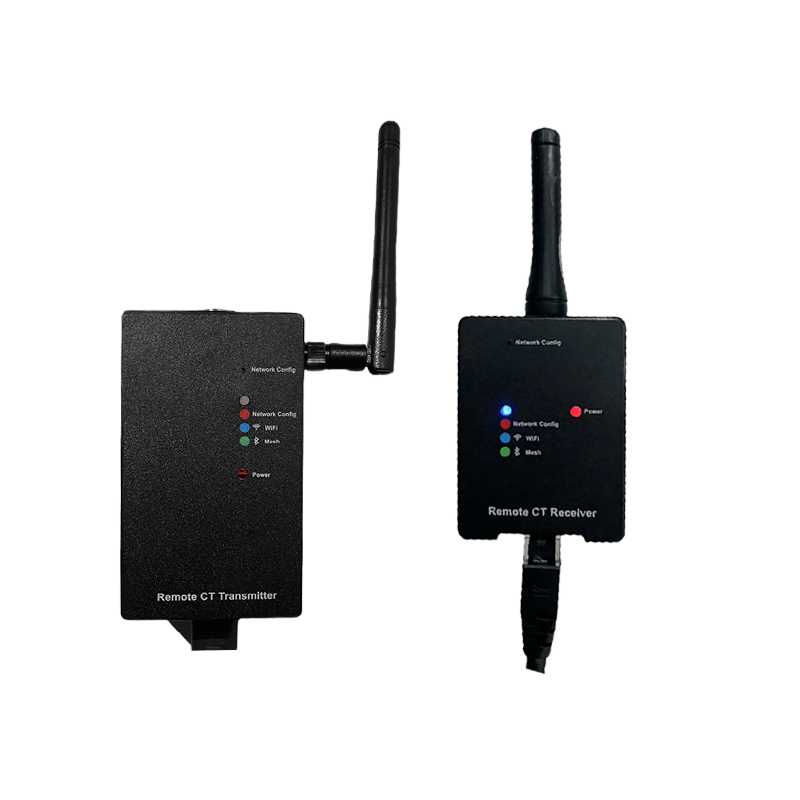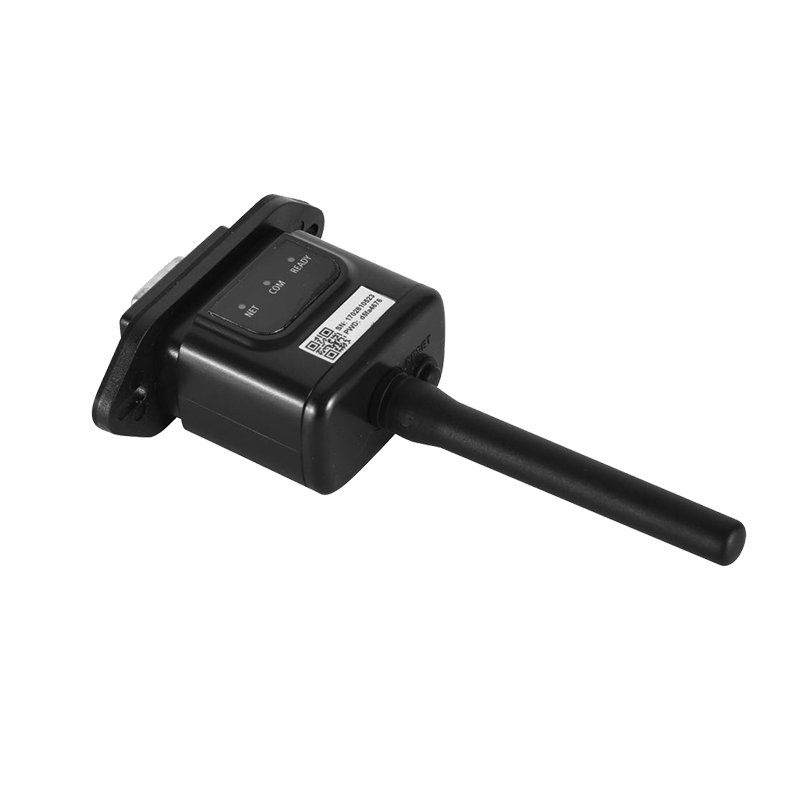As renewable energy adoption continues to rise globally, more homeowners are turning to solar power systems to reduce utility bills and carbon emissions. Among the critical components of any solar setup is the inverter, which converts the DC electricity generated by solar panels into usable AC power.
While grid-tied and off-grid inverters have been common for years, the hybrid inverter has emerged as a and more flexible solution, especially for residential systems. But what exactly makes hybrid inverters stand out?
In this article, we’ll explore the key advantages of using a hybrid inverter in a home solar system, how it works, and why it's gaining popularity among solar users around the world.
1. What Is a Hybrid Inverter?
A hybrid inverter, also known as a multi-mode inverter, is a device that combines the features of both grid-tied and off-grid inverters. It can:
-
Convert solar energy (DC) to household electricity (AC)
-
Charge batteries for energy storage
-
Draw or export electricity to/from the grid
-
Manage energy flows between solar panels, battery, home, and utility grid
In short, a hybrid inverter enables a smart energy ecosystem, where solar, battery storage, and grid power work seamlessly together.
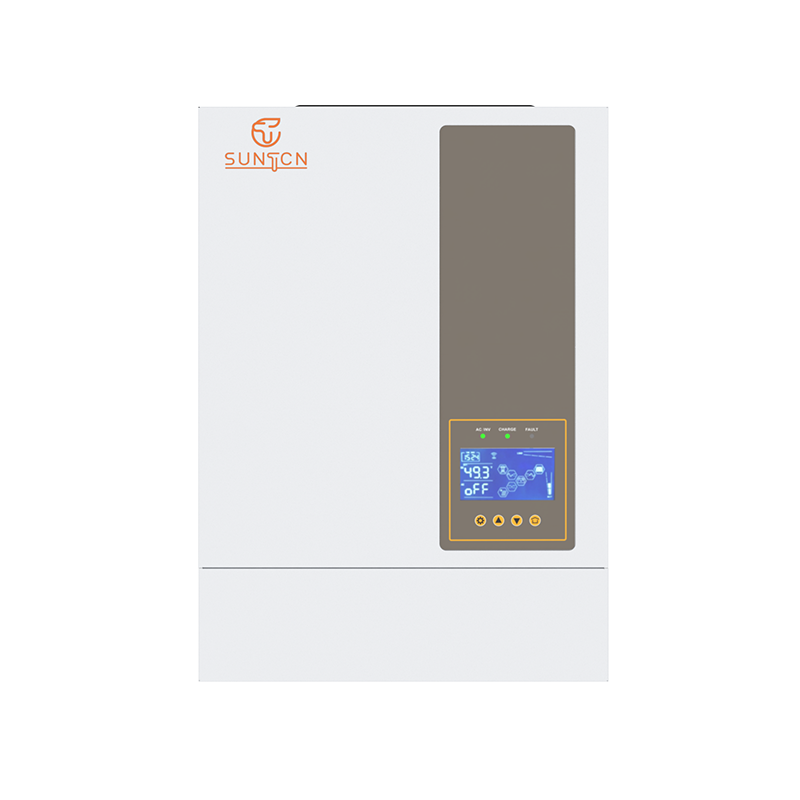
2. Key Advantages of a Hybrid Inverter
1. Flexible Power Management
One of the significant benefits of a hybrid inverter is its ability to manage multiple power sources. It can:
-
Use solar energy during the day
-
Store excess energy in a battery
-
Automatically switch to battery power at night or during outages
-
Draw power from the grid if solar and battery are insufficient
This gives homeowners complete control over how energy is consumed, stored, and distributed.
2. Energy Independence and Backup Power
Hybrid inverters paired with battery storage allow homes to remain powered even during grid outages, unlike standard grid-tied systems that shut down when utility power fails.
This is especially useful for:
-
Areas prone to blackouts or load-shedding
-
Remote locations with unreliable electricity
-
Homeowners who prioritize energy self-sufficiency
In essence, hybrid systems offer a fail-safe energy source, reducing reliance on external power.
3. Increased Energy Savings
Hybrid inverters let users store surplus solar power during the day and use it later (e.g., at night), rather than feeding it into the grid at lower export rates. This maximizes self-consumption, which can significantly lower electricity bills.
Additionally, hybrid inverters support time-of-use optimization: they can draw power from the grid when rates are low and switch to battery or solar when prices peak.
4. Smart Monitoring and Energy Analytics
Most hybrid inverters come with intelligent energy management systems and mobile apps that allow homeowners to:
-
Monitor real-time energy production and usage
-
Track battery charge levels
-
Analyze daily/weekly/monthly performance
-
Receive alerts for faults or efficiency losses
These features enable data-driven energy habits, empowering users to fine-tune their consumption for efficiency.
5. Optimized for Future Upgrades
A hybrid inverter is ideal for homeowners who:
-
Already have a grid-tied system and want to add a battery later
-
Plan to scale up their solar capacity
-
Want to integrate electric vehicle (EV) charging or smart home features
Because it can operate with or without a battery, a hybrid inverter provides future-proof flexibility, saving costs on hardware upgrades in the long run.
6. Reduced Carbon Footprint
Using a hybrid inverter encourages greater self-consumption of renewable energy, thus reducing the need to draw power from fossil-fuel-driven grids. Storing solar energy and using it efficiently lowers your home’s CO₂ emissions significantly.
This makes it a great choice for environmentally conscious homeowners aiming to achieve net-zero energy goals.
7. Peak Shaving and Load Shifting
Hybrid inverters can perform peak shaving, where the battery discharges during high-demand hours to reduce grid dependency and costs. They can also shift heavy electrical loads to times when solar generation or stored energy is available.
This is particularly beneficial in:
-
Countries with high time-of-use electricity rates
-
Smart grids that charge premiums during peak hours
3. Considerations Before Buying
While hybrid inverters offer many benefits, it’s important to evaluate:
-
Initial Cost: Hybrid systems are more expensive upfront due to battery integration and smarter technology.
-
Battery Compatibility: Not all hybrid inverters work with all batteries (e.g., lithium-ion vs. lead-acid).
-
Installer Expertise: Requires professional installation to ensure safety, efficiency, and warranty compliance.
4. Popular Brands Offering Hybrid Inverters
Some globally recognized brands include:
-
SMA (Germany)
-
Fronius (Austria)
-
Solis (China)
-
Growatt (China)
-
SolarEdge (Israel)
-
Victron Energy (Netherlands)
-
Huawei (China)
Each offers various models catering to different needs in power rating, battery compatibility, and smart features.
Conclusion: Is a Hybrid Inverter Right for You?
If you're looking for a versatile, efficient, and future-ready energy solution for your home, a hybrid inverter is an choice. It not only enhances solar utilization but also prepares your home for grid outages, rising electricity costs, and evolving energy technologies.
By combining solar generation, energy storage, and grid interaction into one intelligent system, hybrid inverters empower homeowners to achieve greater energy control, financial savings, and environmental impact.

 English
English Español
Español Deutsch
Deutsch